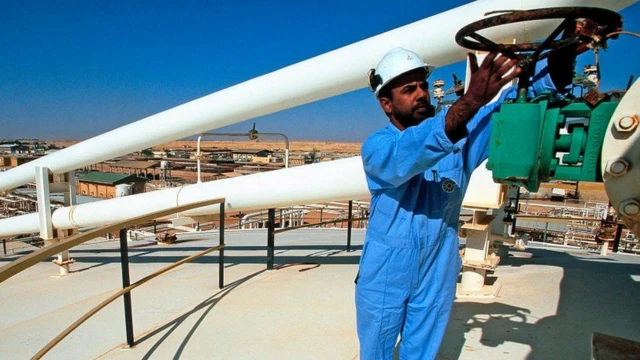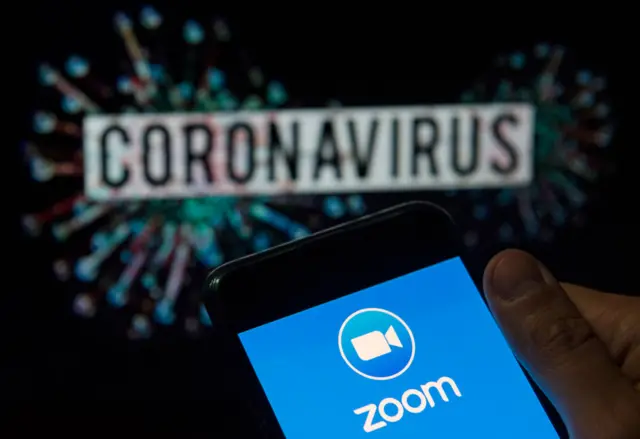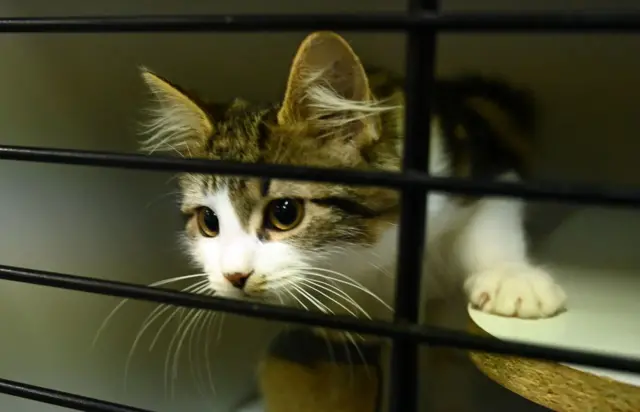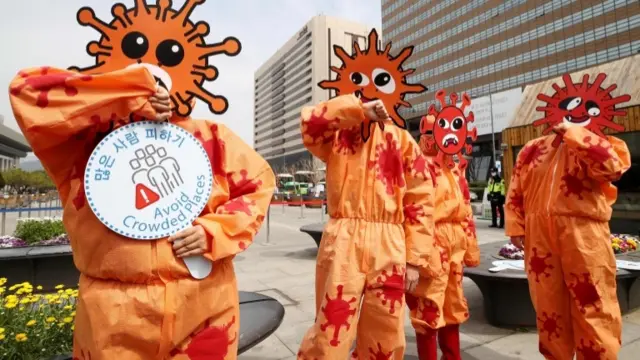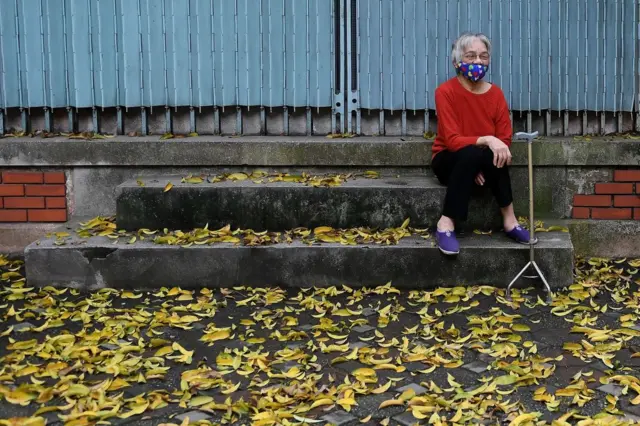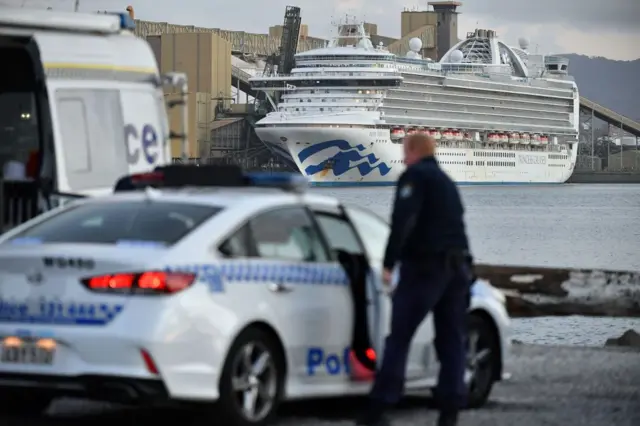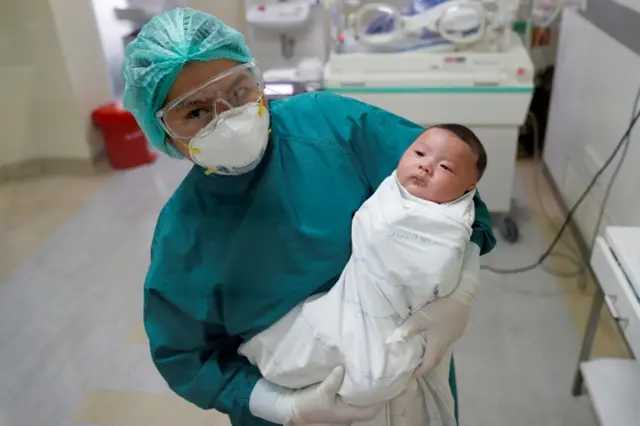Controversy over 'India's first virus fatality'published at 05:17 BST 23 April 2020
Soutik Biswas
India Correspondent
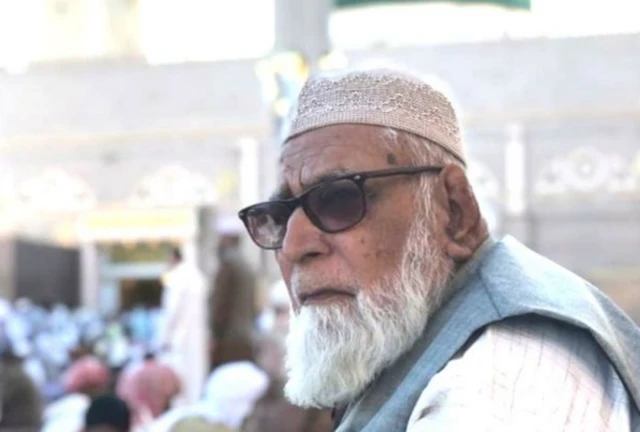
Siddiqui had spent a month in Jeddah with his younger son's family
Muhammad Husain Siddiqui's family do not believe he died of Covid-19. His family say he was fine, that he looked good after having spent a month with his younger son in Saudi Arabia.
But 10 days after returning, he was dead - India's first official Covid-19 fatality.
Anxious family members had ferried him between two cities and four hospitals - all had rejected him. He died on his way to the fifth, where he was declared "brought dead".
The day after Siddiqui died, authorities announced that he had tested positive for the virus.
"We still do not believe he died of Covid-19. We haven't even got the death certificate," his son, Ahmed Faisal Siddiqui, told me.
In many ways, the story of his father's death underlines the chaos and confusion often marring the treatment of Covid-19 patients in India.
